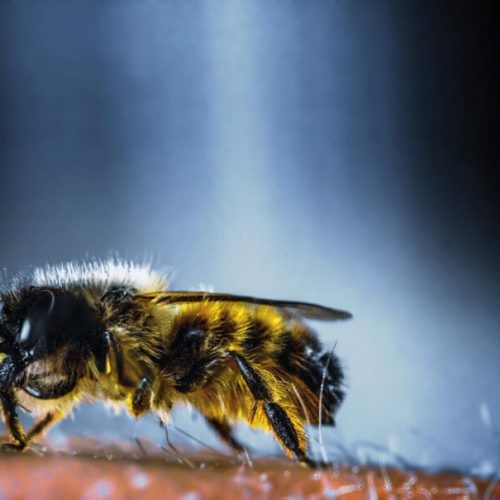

Unit 29 :
“Honey catches more flies than vinegar does”
![]() Pre-advanced
Pre-advanced
Objective
To be able to know more about idioms and expressions.
Vocabulary
Read and know the meaning of the words used in the article.
1. nurse /nɝːs/
to spend a lot of time taking care of something as it grows or develops
These young trees were carefully nursed by the head gardener.
2. burglar /ˈbɝː.ɡlɚ/
a person who illegally enters buildings and steals things
It was brave of you to chase after the burglar.
3. outsmart /ˌɑʊtˈsmɑrt/
to obtain an advantage over someone by using your intelligence and often by using a trick; to outwit
You think you can outsmart me?
4. might /maɪt/
power, strength, or force
Pizarro defeated the might of the Inca Empire with only a few hundred men.
Quick Reading
Read the short passage.
The essence of this proverb is… you only get back what you give.
Being good and doing good to others makes them treat you in a very nice way.
If a person is pleasant and helpful by nature, people are automatically drawn to that person.
Just as honey attracts flies, good people attract good company whereas people with rude and unpleasant manners hardly have friends. Here vinegar refers to someone with a Bad temper.
Once upon a time there was a farmer who lived in a small cottage by the woods. He was very old but was a very kind-hearted gentleman who looked after any animal that lost its way or was injured. He fed them and gave them shelter and nursed their wounds.
Apart from his own cows, dogs and poultry, he had an assortment of animals including a horse, a couple of deer, a porcupine, a few cats and rabbits living in his barn.
He treated them like his own children and they all lived together as one happy family.
One day the farmer had to travel to the next town and informed all the animals to look after the cottage safely. The animals loved the old man dearly and cheerfully agreed to it. All the animals took turns to keep watch.
In the middle of the night the dogs that were keeping watch came and woke up the rest of them, saying that they had found a few burglars trying to break their way into the cottage.
Since the burglars were armed, the animals decided they would all have to act collectively to outsmart the burglars.
They hatched a plan. Just as the deer and the rabbits distracted the attention of the burglars all the animals rushed in and attacked them with all their might. The cats scratched them and the dogs bit them.
The cows charged at the burglars and threw them down and the horse kicked them while the porcupine poked them. The burglars were shocked and surprised at this sudden attack and soon realized that they were no match for the animals. They fled the scene badly bruised. The animals jumped in joy.
When the farmer returned, he sensed what had happened and was grateful to the animals for saving his cottage from the burglars.
He realized that the animals had repaid his kindness by protecting his house in his absence. He fell overjoyed at their loyalty and affection. They all lived happily ever after.
Discussion
Answer the questions with your teacher.
- What comes into your mind when you first read the title of the article?
- Do you agree on the given meaning of the proverb? Why or why not?
- What can you say about the old man on the passage?
- If you were in the situation of the farmer, would you do the same as he did?
- Do you think people nowadays can act the same way as the animals did?



